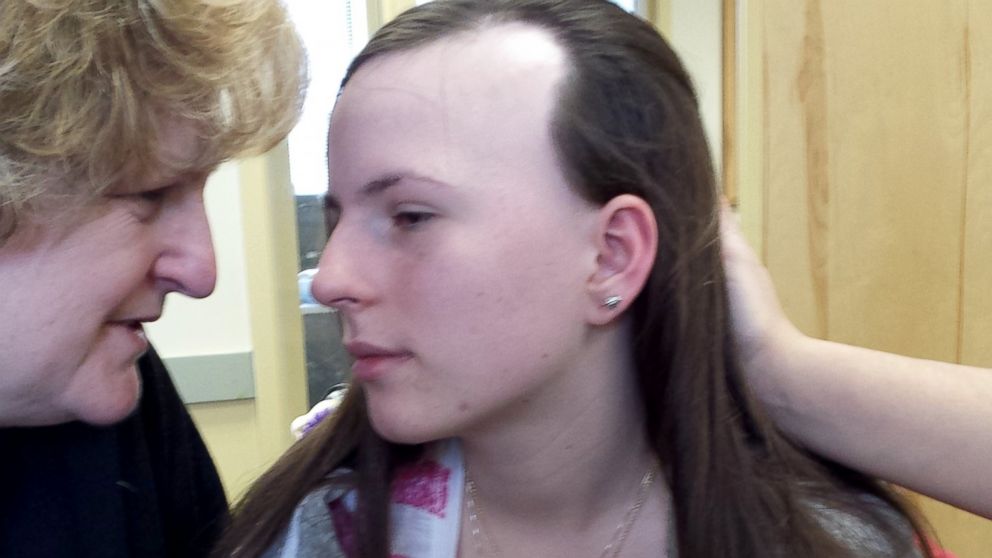Justina Pelletier

In the annals of medical ethics and parental rights, few cases have sparked as much controversy and debate as that of Justina Pelletier. A teenage girl thrust into the center of a legal battle that pitted medical professionals against her parents, Justina’s story serves as a cautionary tale about the complexities of modern medicine, the rights of parents, and the responsibilities of healthcare providers.
Justina Pelletier‘s journey began innocuously enough. Born on May 24, 1997, in West Hartford, Connecticut, she lived a relatively normal life until February 2013 when her health took a sudden turn for the worse. Diagnosed with mitochondrial disease, a rare genetic disorder affecting energy production in cells, Justina’s condition left her increasingly debilitated. Seeking specialized care, her parents, Lou and Linda Pelletier, took her to Boston Children’s Hospital, hoping for answers and effective treatment.
A Tale of Case
However, what followed would upend the Pelletier family’s life and ignite a firestorm of controversy. At Boston Children’s Hospital, Justina’s diagnosis was questioned by a different medical team. Instead of mitochondrial disease, they suggested somatoform disorder—a psychiatric condition in which physical symptoms are believed to be manifestations of psychological distress. Disagreeing vehemently with this assessment, the Pelletiers sought to transfer Justina back to her previous medical team at Tufts Medical Center.
But the situation spiraled out of control when Boston Children’s Hospital and the Massachusetts Department of Children and Families (DCF) intervened. They accused the Pelletiers of medical child abuse, alleging that they were overmedicalizing Justina’s condition and pursuing unnecessary treatments. Consequently, the state assumed custody of Justina, leaving her parents powerless and devastated.
The case ignited a fierce legal battle that garnered national attention. Supporters rallied behind the Pelletiers, decrying what they saw as an infringement of parental rights and a failure of the medical system. Advocates for Justina argued that her condition was indeed medical in nature and that the state’s intervention was unwarranted and harmful.
Ethics and Parental Rights
Amidst the legal wrangling and media frenzy, Justina languished in the custody of the state. Stripped of her agency and separated from her family, she endured months of uncertainty and suffering. Her story became emblematic of the tension between medical expertise and parental authority, raising fundamental questions about who gets to decide a child’s medical care and where the line should be drawn between medical intervention and parental rights.
Eventually, after a protracted legal battle and widespread public outcry, Justina was returned to her family’s custody in June 2014. The Massachusetts Supreme Judicial Court ruled that the state had overstepped its bounds in taking custody of Justina and criticized Boston Children’s Hospital for its handling of the case. However, the damage had been done. Justina’s physical and emotional health had suffered, and her family’s trust in the medical system had been shattered.
The repercussions of the Justina Pelletier case reverberate to this day, serving as a cautionary tale for both medical professionals and parents. It exposed flaws in the healthcare system, including the subjective nature of psychiatric diagnoses and the potential for abuse of power by medical institutions and government agencies.
For medical professionals, the case underscores the importance of humility, empathy, and collaboration in patient care. It serves as a reminder that while expertise is essential, it must be wielded responsibly and with respect for the perspectives and autonomy of patients and their families.
For parents, the Justina Pelletier case is a stark reminder of the fragility of parental rights and the need to be vigilant advocates for their children’s well-being. It highlights the importance of being informed, assertive, and prepared to challenge medical opinions when necessary.
Conclusion
As for Justina herself, her story serves as a testament to resilience and the enduring bond between a family. Despite the trauma she endured, she has shown remarkable strength and courage in rebuilding her life. While the scars of her ordeal may never fully heal, she continues to inspire others with her resilience and advocacy.
The Justina Pelletier case serves as a powerful reminder of the complexities inherent in modern healthcare and the delicate balance between expertise, authority, and individual rights. It is a story that challenges us to reflect on our values, our responsibilities, and our commitment to ensuring that justice and compassion prevail in our healthcare system.





